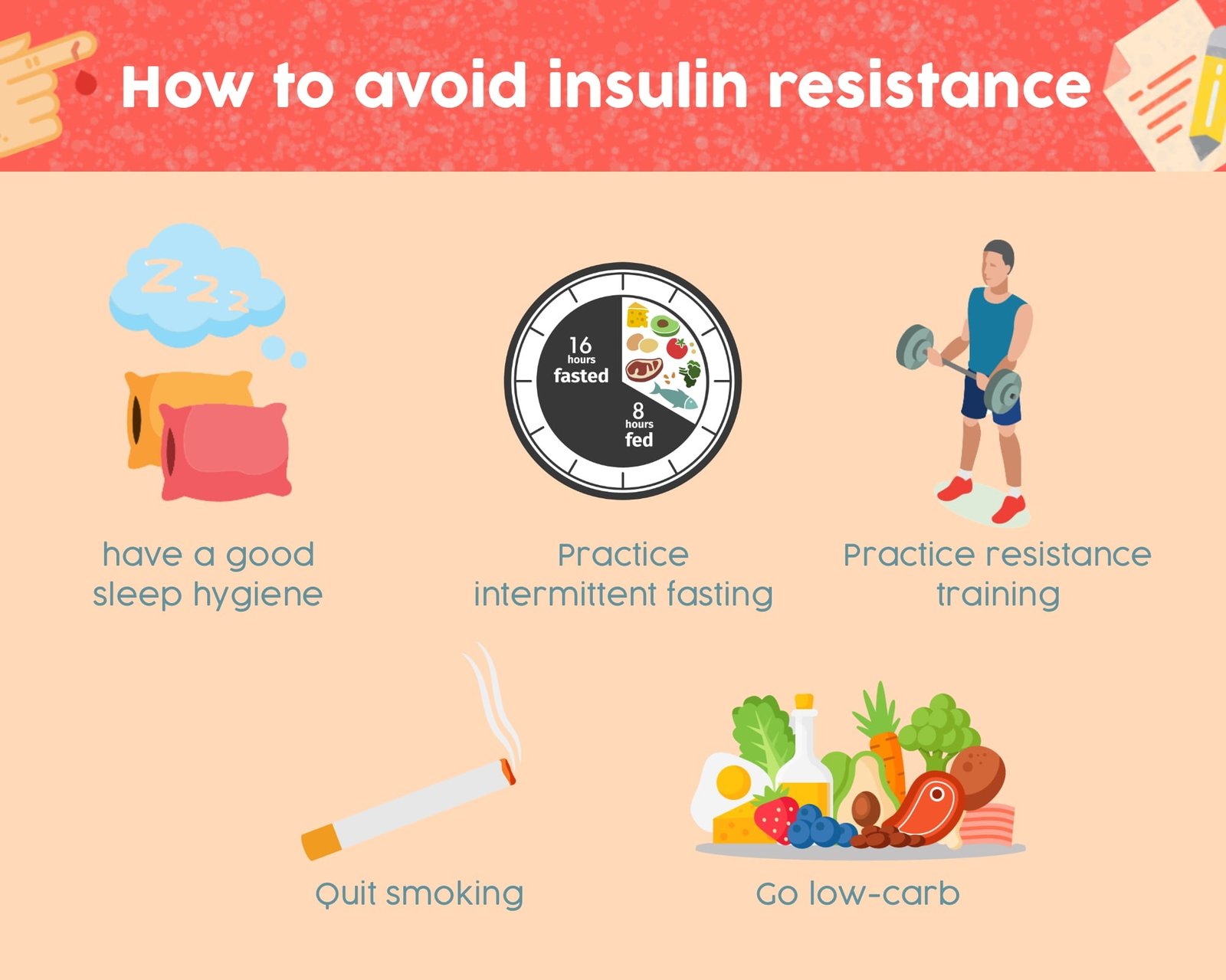Insulin is one of the vital hormones in the body. This hormone is produced in the pancreas. Insulin performs different kind of functions. The most common is allowing body cells absorb sugar. Insulin levels in the body should be moderate or you risk serious medical conditions. These conditions range from cancer, heart condition and obesity. Hyperinsulinemia is where a person has more insulin in their body. Too much insulin levels in the body can make your cells resists some hormonal effects. Use the below tips to significantly reduce your insulin levels:
Getting on a low carb diet
Meals with high amounts of carbs have for a long time been linked with increased insulin and blood sugar levels. After a couple of studies, it was discovered that low carb diets help control diabetes in numerous ways. This diet also helps in weight loss. Low carb diet controls diabetes in two days. It is capable of increase insulin sensitivity and lower insulin levels. Therefore, consider meals with low amounts of carb if you want to manage some health conditions such as polycystic ovary syndrome and metabolic syndrome. These two medical conditions are linked with uncontrolled insulin levels.
The use of Apple cider Vinegar
It has been proven on several occasions that apple cider vinegar is capable of preventing both blood sugar spikes and keeping insulin levels at bay. You are encouraged to take apple cider vinegar after your meal. Regular consumption of high carb meals has been linked with increased insulin levels. Well; apple cider vinegar can efficiently lower your insulin levels in the body. It also makes you feel full for a long period. Apple cider vinegar also reduces the rate in which the body empties food.
Consume each meal with moderation
The type of food and amounts influence the amount of insulin the pancreas produces. Some meals are more likely to cause hyperinsulinemia when compared to others. Therefore, avoid consuming too much of any meal. This can be worse for obese people. Are you finding it difficult to limit the consumption of any type of meal, especially those with high amounts of calories? If yes, go for meals with low calories. Meals with low calories are likely to lower insulin levels and insulin sensitivity. Try and consume meals in moderation.
Leave out Sugar in your diet
How frequently do you consume sugar? Fully avoid sugar if you want to significantly reduce your insulin levels. Sugar comes in different forms. Therefore, read the ingredients in any meal before consuming it. Syrup, added sugar, agave and table sugar are table sugar is some common types of sugar. Most processed meals contain high sugar levels. Reducing intake in the body has for a long time been used by diabetic people to lower insulin.
Frequent Workout
Frequent work is another natural way of keeping your insulin levels at bay. There are different kinds of workout routines to choose from. However, aerobics have proven to be more effective when compared to exercise routines. They are commonly used by diabetic and obese people. Aerobic workout also enhances insulin sensitivity in the body. Workout routines require consistency for them to be effective.
Using Cinnamon in beverages and on meals
Cinnamon is a special type of spice. It is loaded with plenty of antioxidants that benefit the body in numerous ways. These antioxidants are capable of lowering insulin levels. This spice also improves insulin sensitivity in the body. You are advised to add cinnamon in meals with and drinks with sugar levels. Don’t expect the results to be instant. In some cases, it takes long for some people to attain their desired low insulin levels. You are also likely to attain other health benefits because of antioxidants found in cinnamon.
Keep away from refined carbs
A lot of people include refined carbs as part of their diet. However, refined carbs have been linked to serious health problems if frequently consumed. Weight gain and increased insulin levels are some of the problems you are likely to experience because of frequent consumption of refined carbs. Refined carbs also increase the possibility of increased blood sugar levels. Comparisons have been done between low glycemic and high glycemic meals. It was found that avoiding high glycemic meals such as refined carbs is likely to lower your insulin levels.
Don’t sit for numerous hours
Some people have adopted sedentary behaviors. Doctors and fitness instructors encourage people to adopt an active lifestyle. This entails walking and jogging, among others. An active lifestyle will keep your insulin levels at bay. This reduces the possibility of your insulin levels increasing in the body. Getting inactive after a meal can increase your insulin levels in the body. An active body makes you more fit and increases the rate in which your body looses body fat. Overweight or obese people are more likely to suffer from increased insulin levels. Such people must be frequently active.
Intermittent Fasting
Intermittent fasting is very common for people who want to shed off some weight. Surprisingly, it has been proven to lower insulin levels in the body. Obese or overweight women are more likely to experience high insulin levels in the body. Intermittent fasting has helped plenty of people shed off some unwanted calories. There are different kinds of intermittent fasting routines. Choose an effective routine you can easily follow. You must strictly to be given rules to attain any result. Finally, intermittent fasting applies to both solid and liquid meals. Liquid meals are more likely to control your insulin levels when compared to solid fasting.
Take more Soluble fiber
Soluble fiber poses numerous health benefits. The most common ones are reducing high blood sugar and aiding in weight loss. Soluble fiber performs its function by slowing the rate in which food leaves your intestines. It forms a gel by absorbing water. This makes a person feel full thus preventing insulin levels and blood sugar levels from spiking up. Soluble fiber has also been linked with reduced insulin resistance. You can attain imminent results roughly six weeks after frequently consuming soluble fiber. Fiber found in whole foods is more powerful when compared to fiber supplements.
Get rid of belly fat
Belly fat can be categorized in two forms, namely abdominal fat and visceral fat. Overall, belly fat has been linked with serious health complications. Excessive fat in the abdomen is linked to insulin resistance and inflammation. These two conditions have been linked to hyperinsulinemia. Medical studies have revealed that a decrease in belly fat lowers your insulin levels and promotes insulin sensitivity. Some people find it difficult and challenging to lose belly fat. There are plenty of workout routines and mechanisms you can use to shed belly fat.
Go for Green tea
Green tea is considered one of the healthiest beverages. It is known for contain an antioxidant by the name EGCG. This antioxidant has for a long time been linked with fighting insulin resistance. Practical examples have been carried out on people with high insulin levels. It was discovered that antioxidant EGCG is capable of reducing their insulin levels. Green tea also improved insulin sensitivity in the body. Frequently take a cup of green tea to attain a reduction in your insulin levels.
Frequently consume fatty fish
There are different kinds of fatty fish. They range from anchovies, herring, mackerel, sardines and salmon, among others. Fatty fish are a good source of protein and omega 3 fats. Omega 3 fats are linked with numerous health benefits. It can help diabetic and obese people reduce insulin resistance. So, what are you waiting for? Include fatty acids in your diet and significantly reduce your insulin levels.
Go for the right type and amount of protein
Protein helps the body in numerous ways. This is the reason you are advised to frequently take proteins. Protein helps control both insulin levels and weight. Comparison has been made on people who frequently consume high and low amounts of protein. It was discovered that those who frequently consume protein with moderation attained low insulin levels. There are different types of protein. Therefore, choose a protein that will help you lower your insulin levels.
Bottom Line
Insulin levels in the body are linked with plenty of health complications. This is the reason you should look for ways to lower your insulin levels and increase insulin sensitivity. Low insulin levels also reduce the possibility of contracting some diseases. You are also more likely to lose weight.




